Selected Store
Η μέθοδος Montessori και η προσχολική εκπαίδευση, Contemporary perspectives
- Author: Ευγενία Κουτσουβάνου
- Publisher: Ekdoseis Papazisi
- Μορφή: Soft Cover
- Έτος έκδοσης: 2012
- Αριθμός σελίδων: 172
- Κωδικός ISBN-13: 9789600226706
- Διαστάσεις: 17×24
Ευγενία Κουτσουβάνου
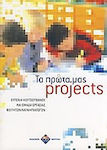

Educational Books
Προφορική και γραπτή επικοινωνία στην προσχολική εκπαίδεση, Teaching strategies
from 6,89 €

Educational Books
Προγράμματα προσχολικής εκπαίδευσης και η διαθεματική διδακτική προσέγγιση
from 14,92 €
Educational Books
Η θεωρία του Piaget και παιδαγωγικές εφαρμογές στην προσχολική εκπαίδευση
from 8,86 €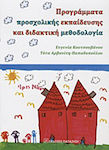



Kid & Teen Literature
Η γλωσσική ανάπτυξη του παιδιού της προσχολικής ηλικίας και η τηλεόραση
from 7,67 €



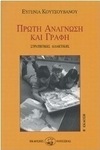
Buy together

Educational Toys
AS Παίζω με τα Χρώματα Montessori STEM Educational Game Knowledge Sapientino for 1-3 Years Old
Ad from Cosmo-market

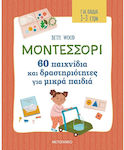
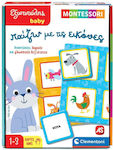
Educational Toys
AS Παίζω με τις Εικόνες Montessori STEM Educational Game Knowledge Sapientino for 1-3 Years Old
Ad from Luckylama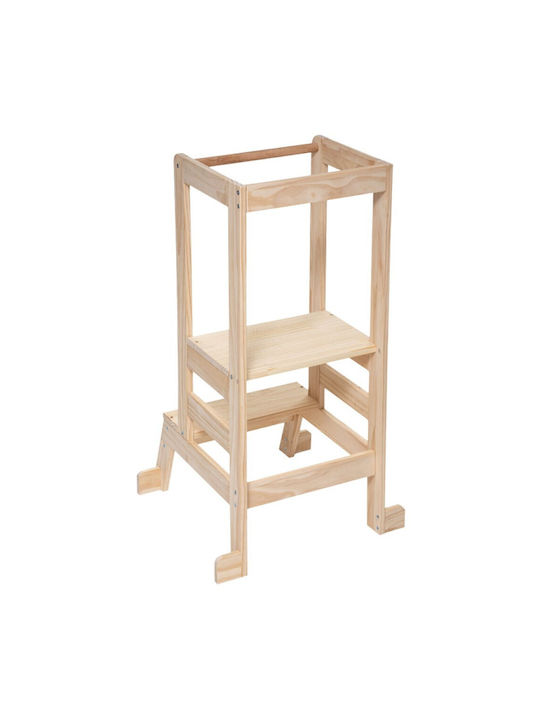

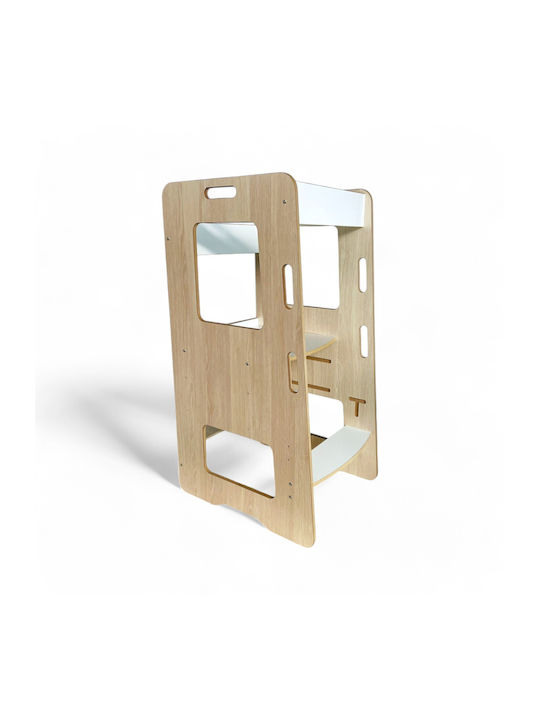
Similar products
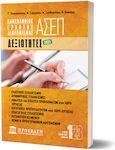

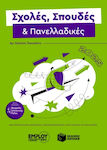
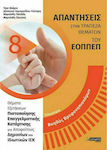
Educational Books
Ειδικότητα Βοηθός Βρεφονηπιοκόμων, Answers to the EEAEPP Issues Bank
Ad from Hartorama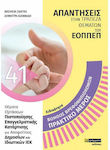
Educational Books
Βοηθός Βρεφονηπιοκόμου, Απαντήσεις Στην Τράπεζα Θεμάτων Του ΕΟΠΠΕΠ
Ad from Xryso Ftero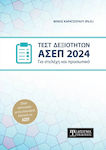
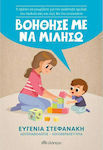
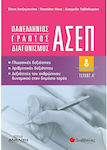
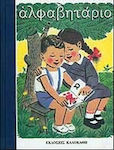
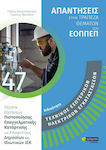
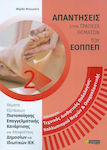
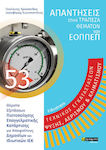
All shops
Prices are calculated for:Luxembourg, Other Payment Options
- 8,18 €
- 9,54 €
- 8,95 €
Description
Jean Piaget (1939) notes that Montessori's educational theory represents a progressive side in the history of pedagogy. It falls within the framework of cognitive developmental direction and, after John Dewey, Maria Montessori can also be counted among the founders of the corresponding trend in preschool education. She was the first to lead the romanticism of Jean-Jacques Rousseau, Johann Pestalozzi, and Friedrich Frobel to the next stage of its evolution. The Italian doctor and researcher shaped the practice of a pedagogical program with the belief that the most decisive period in human development is the first six years of life. She developed basic theoretical principles about the nature of the child, emphasizing how experience transforms cognitive structure. She believed that the pedagogical framework should adapt to the abilities and needs of children, which led her to the formation of a special 'prepared' environment. Her method is based on the perception that the child is naturally active and, consequently, learning is an active process. She considered that, to promote individual development, the teaching program should focus on the sensitive periods of each child, incorporating all areas and taking into account the most basic parameters of intelligence - including the ability to classify, that is, the analysis of an object and the extraction of a certain characteristic feature. Self-teaching, a cornerstone of her philosophy, also largely determines the role of the child within the classroom. The Montessori method, with its strong social and humanitarian philosophy, gains new content in our days when the deadlocks of many traditional processes and the flood of political and economic upheavals pose problems of social cohesion and redefinition of roles and values. Maria Montessori emphasized how important it is to cultivate the child's will in order to develop self-controlled ethics as opposed to blind, uncritical obedience to authority. The goal of her pedagogy is for everything new, everything unknown to be manageable so that the integration of the individual into their environment is encouraged - and not hindered. [Excerpt from the text on the back cover of the edition]
Specifications
- Genre
- Education Books
- Subtitle
- Contemporary perspectives
- Format
- Soft Cover
- Number of Pages
- 172
- Publication Date
- 2012
- Dimensions
- 17x24 cm
Important information
Specifications are collected from official manufacturer websites. Please verify the specifications before proceeding with your final purchase. If you notice any problem you can report it here.


































